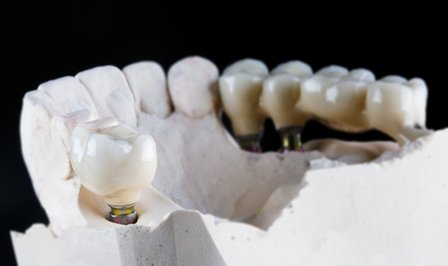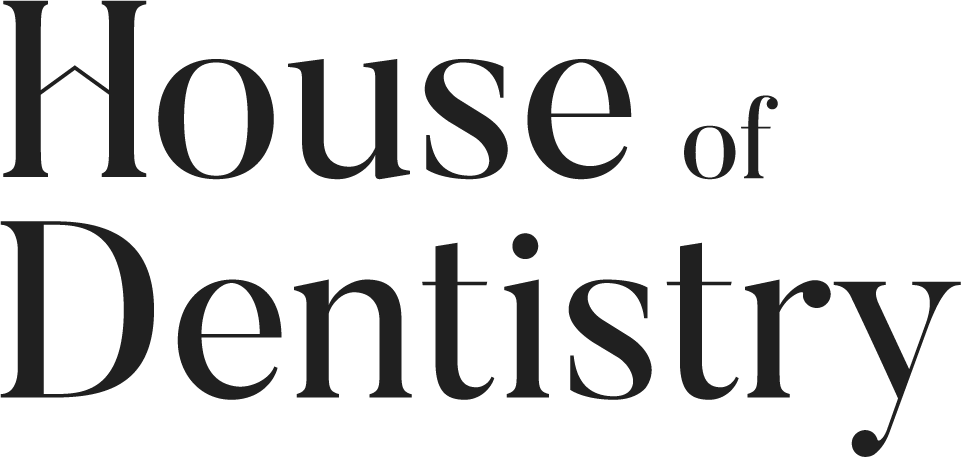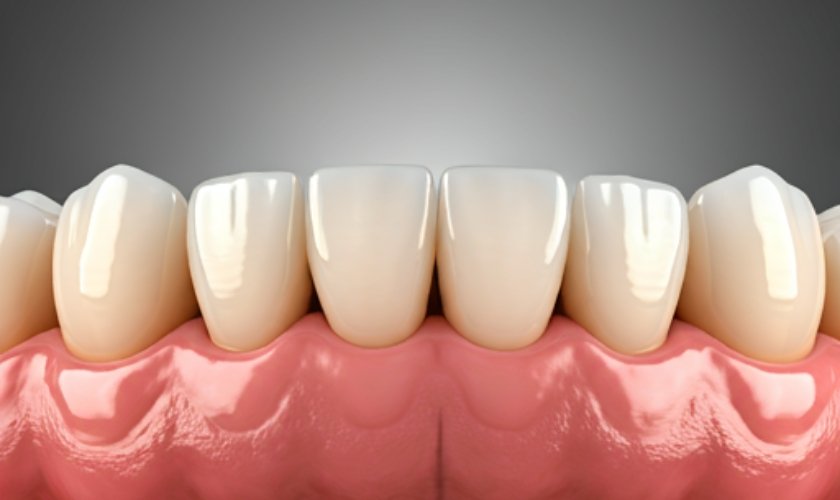

Dental bridges are a popular solution for replacing missing teeth, helping restore both the function and appearance of your smile. However, keeping your dental bridges in good condition is essential for your overall oral health. Proper care ensures that your dental work lasts longer and prevents any issues such as gum disease or tooth decay. This guide will provide tips on maintaining your dental bridges and preserving your oral health.
Daily Care for Your Dental Bridges
Taking care of your dental bridges requires a few simple habits that should be part of your daily oral hygiene routine. Here are the most important ones:
- Brush Twice a Day: Use a soft-bristled toothbrush and fluoride toothpaste to brush your teeth and dental bridge. Gently clean around the bridge and underneath it to remove any food particles and plaque. Pay attention to the gum line to avoid gum disease.
- Floss Regularly: Flossing is essential to remove plaque and debris from areas that your toothbrush can’t reach. If you have a traditional dental bridge, you might need a floss threader to clean under the bridge. Make sure to floss at least once a day.
- Use an Antiseptic Mouthwash: Rinse your mouth with an antiseptic mouthwash to help eliminate bacteria and freshen your breath. This also helps prevent gum infection and maintains a healthy mouth around the bridge.
- Avoid Sticky or Hard Foods: Sticky candies, chewing gum, or hard foods like nuts can put pressure on your dental bridge and cause damage. Avoid them to ensure the longevity of your bridge.
Regular Visits to the Dentist
Routine dental check-ups play a significant role in maintaining your dental bridges Metuchen and overall oral health. During these visits, your dentist will:
- Check for Any Damage: Your dentist will inspect your dental bridge for any signs of wear or damage. They’ll make sure it’s securely in place and ensure there’s no risk of it becoming loose or dislodged.
- Clean Your Bridge: Even with good daily care, plaque can accumulate in areas around the bridge that are difficult to reach. Your dentist will perform a thorough cleaning to maintain the health of both your bridge and surrounding teeth.
- Monitor Gum Health: Gums around the bridge can become irritated or infected if not properly cared for. Your dentist will check for any signs of gum disease or recession, ensuring your gums remain healthy.
How do Dental Bridges Impact Oral Health?
Dental bridges help restore your smile and enable you to chew comfortably again. However, they also play an essential role in maintaining your overall oral health. When you lose a tooth, the surrounding teeth may shift, which can lead to bite problems and difficulty chewing. A dental bridge prevents these issues by filling in the gap and keeping your teeth aligned and stable.
Proper care of your dental bridges also helps prevent complications like tooth decay or gum disease, which can occur around the bridge if it’s not cleaned properly. By maintaining a good oral hygiene routine, you can keep your dental bridges functioning properly for years.
Dental Bridges and Oral Health
If you’re considering dental bridges, it’s important to understand that the way you care for your bridges affects more than just your smile. A well-maintained bridge will help ensure that the surrounding teeth stay healthy and that your gums do not become infected. Take proactive steps to care for your dental bridges, and it will benefit your overall oral health in the long run.
Lifestyle Changes to Support Bridge Health
While dental care is crucial, certain lifestyle habits can also support the health of your dental bridges. Here are a few additional tips:
- Quit Smoking: Smoking increases the risk of gum disease and plaque buildup. It can also stain your dental work, making it more difficult to maintain the appearance of your bridge. Quitting smoking can help preserve your dental bridge and improve your oral health.
- Drink Plenty of Water: Staying hydrated helps wash away food particles and bacteria that can cause plaque buildup. Drinking water throughout the day is an easy way to keep your mouth clean and healthy.
- Use a Night Guard: If you grind your teeth at night, it can damage your dental bridges. Wearing a night guard can protect your bridges from excessive wear caused by grinding or clenching.
What to Do if You Notice Issues?
If you notice any problems with your dental bridge, such as pain, loosening, or discomfort, it’s essential to address them as soon as possible. Early intervention can prevent more serious issues and preserve your dental health.
Some common issues include:
- Loose Bridge: If your dental bridge feels loose or uncomfortable, it could be due to a problem with the cement or the underlying tooth. Visit your dentist to get it fixed promptly.
- Pain or Sensitivity: If you experience pain or sensitivity around the bridge, it might indicate an issue with the surrounding teeth or gums. A dentist will be able to assess the problem and recommend a treatment plan.
- Discoloration: If your dental bridge becomes stained or discolored, professional cleaning may be necessary to restore its appearance.
Caring for your dental bridges and maintaining your oral health is a simple yet essential task. By brushing and flossing regularly, visiting your dentist, and avoiding habits that can harm your bridges, you can keep your dental work in good condition for years. Remember that dental bridges not only enhance your smile but also contribute significantly to the health of your entire mouth. Take the time to follow these care guidelines, and you’ll enjoy the benefits of a healthy and beautiful smile for years to come.





